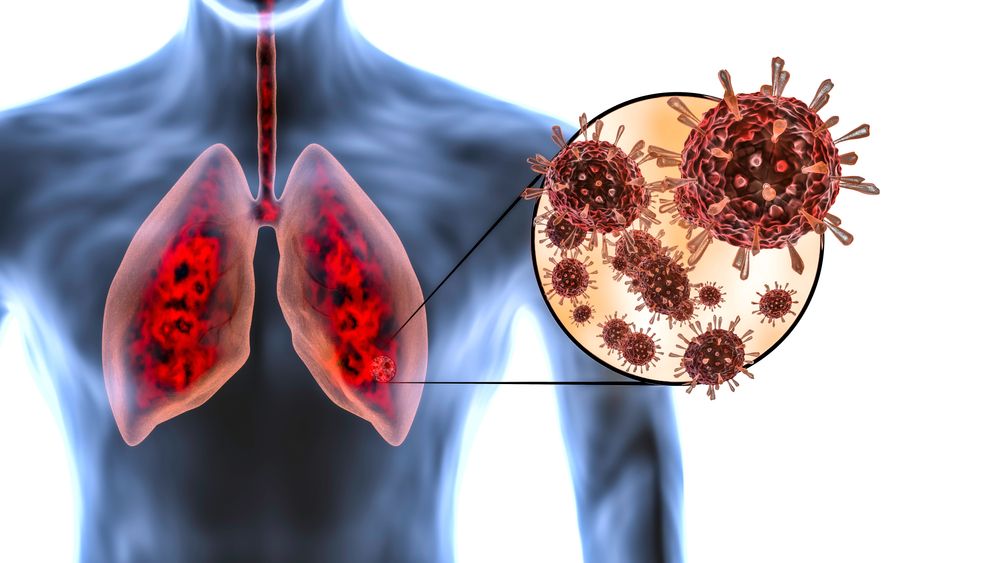By Paris Ediagbonya
NUI Galway researchers have uncovered a breakthrough in the understanding of the process in how the Covid-19 virus infects its hosts.
The study, lead by researchers operating within the Advanced Glycoscience Research Cluster (AGRC) at NUI Galway, has found a link between protein and carbohydrate molecules in the body and the severity of the infection presented within a person who contracts COVID-19.
It was found that in cases where the mutated virus changes its proteins and carbohydrates, it can change the extent of the behaviour of the virus in the body.
Researcher Dr Stephen Cunningham explained this phenomenon, stating: “Like all viruses, the COVID-19 virus also mutates as it goes through its host and multiplies. Some mutations are insignificant with no beneficial or detrimental impact to virus or host, however, some lead to changes in the virus’s proteins and carbohydrates that can alter how the virus interacts with cells during exposure and infection which in turn can determine the severity of COVID-19.”
The study showed that in the presence of COVID-19, our respiratory cells respond by altering the proteins and the carbohydrates on the cell’s surface to accommodate the virus. This was found to be similar to how the body responds to other viral pathogens.
Stokes Professor of Glycosciences, Lokesh Joshi, stated: “All pathogens need the right combination of proteins and carbohydrates to attach to their host and infect.”
This interaction between the protein and carbohydrate molecules is known as a ‘molecular handshake’.
“The appropriate combination of this ‘molecular handshake’ determines how well all pathogens, including COVID-19, attach to our cells and the severity of the infection,” he continued.
It is understood that mutations in this virus can alter the protein and carbohydrate molecules which has an effect on how infectious the mutations of the virus becomes.
“Mutations cause minor changes in these protein-carbohydrate molecules and can alter the infectivity of the mutants and severity of the disease such as the UK, South African and Brazilian variants,” Professor Joshi added.
Researchers in this study managed to identify the protein attached to the respiratory cells and the carbohydrate molecules attached to the virus.
The study shows that spike-glycoprotein (S-protein), present in COVID-19 is covered with carbohydrates which responds with and binds to a protein (ACE-2 receptor) on human respiratory cells to start the infection.
Dr Anup Mammen Oommen, postdoctoral researcher, said: “These microscopic proteins and carbohydrates work together like molecular handshakes between the virus and human cells, this communication… is a key event for infection.”
This developed understanding that knowledge of the molecular interaction of the virus with respiratory cells is a beneficial step forward toward future research.
“The research will also help us gain better insight on how our immune system responds to COVID-19 and the mutations in the virus, such as the variants identified in the UK, South Africa and Brazil. This discovery will lead to more informative biomarkers and identification of therapeutic targets to combat COVID-19 and future pathogenic agent infections,” Professor Joshi stated.
The data science approach was used by the AGRC researchers at NUI Galway to conduct the research to provide an insight into how our respiratory cells modify these molecules and to gain a greater understanding of the infection process of COVID-19.
